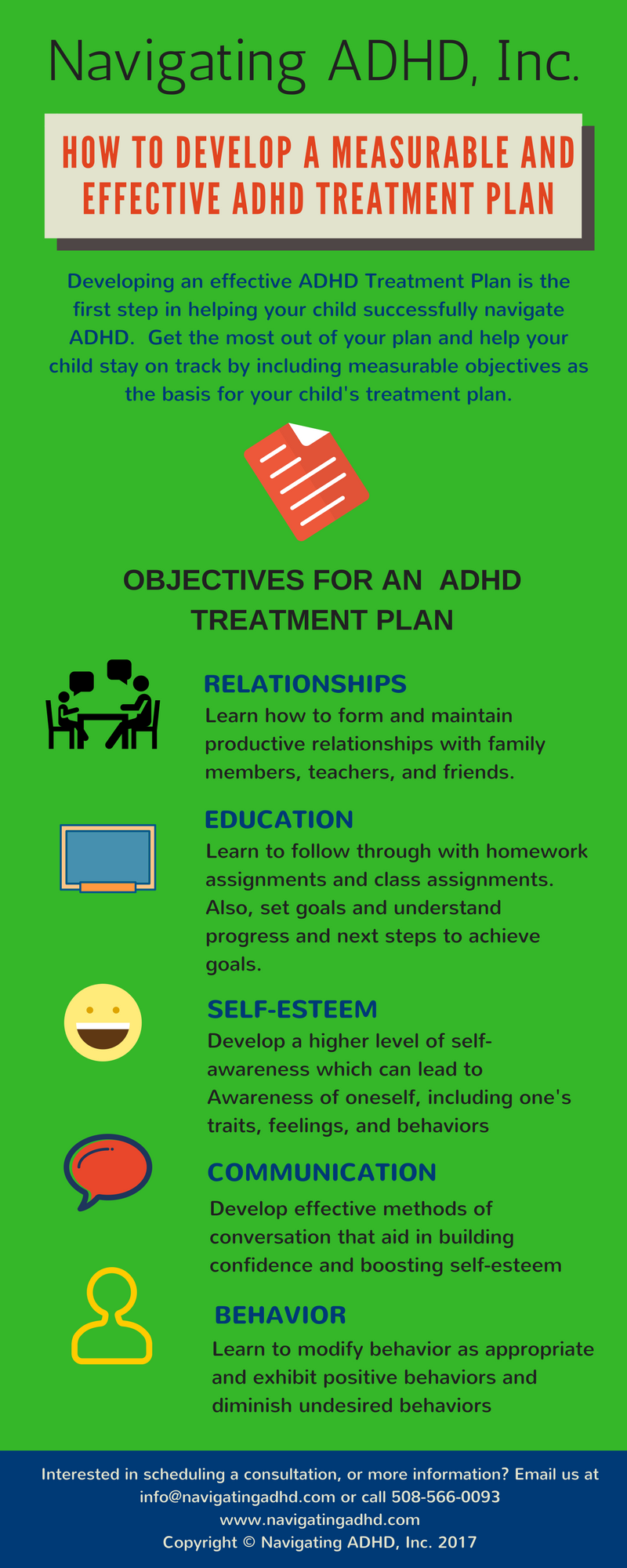Mental Health Services Specialized for Improved Care Needs
Mental Health Services Specialized for Improved Care Needs
Blog Article
Your Guide to Locating the Right ADHD Treatment for Lasting Outcomes
Browsing the complexities of ADHD therapy needs a nuanced understanding of both the condition and the myriad alternatives readily available for efficient monitoring. It is vital to recognize that what jobs for one person might not always yield the same outcomes for an additional. Therefore, a tailored technique-- integrating professional support, medicine, behavior approaches, and lifestyle changes-- becomes vital. Nevertheless, the trip towards recognizing the most ideal therapy strategy can be laden with challenges. What are the crucial aspects that affect effective results, and just how can individuals guarantee they are on the ideal path?
Understanding ADHD and Its Effect

In grownups, ADHD can result in difficulties in workplace atmospheres, influencing efficiency, time management, and social connections. Typically, undiagnosed or improperly took care of ADHD can add to co-occurring psychological health concerns, such as anxiety and depression, further complicating an individual's general well-being.
The social assumption of ADHD can differ, causing preconception and misunderstanding, which might impede individuals from seeking help. As recognition grows, it is important to cultivate an atmosphere that promotes understanding and support for those affected by ADHD, highlighting the need for precise medical diagnosis and tailored strategies to reduce its effect on everyday life.
Review of Treatment Alternatives
A thorough strategy to treating ADHD incorporates a variety of alternatives customized to the person's one-of-a-kind demands. These alternatives can extensively be categorized into behavior treatments, psychoeducation, and lifestyle adjustments, alongside pharmacological treatments that may be discovered later on.
Behavioral interventions, such as cognitive-behavioral therapy (CBT), concentrate on customizing certain actions and establishing coping methods to manage signs and symptoms effectively. Psychoeducation plays a vital duty in encouraging both individuals and their families by giving info about ADHD, its obstacles, and reliable methods for support.
Way of living modifications can dramatically affect ADHD administration. Routine physical activity, a well balanced diet plan, and ample sleep add to general health and symptom control. Mindfulness methods and leisure techniques can also enhance focus and reduce impulsivity.
Assistance teams and household therapy can foster a feeling of neighborhood and understanding, aiding people feel less isolated in their experiences. Each therapy option must be considered in combination with the person's choices and conditions, guaranteeing an all natural strategy that promotes lasting success. Inevitably, the objective is to create a personalized treatment strategy that resolves the specific challenges connected with ADHD while improving overall lifestyle.
Medication: Pros and Cons
Drug plays a crucial duty in the treatment of ADHD, with various choices readily available that can dramatically alleviate signs and symptoms for lots of teen counseling individuals. Energizers, such as methylphenidate and amphetamines, are frequently prescribed and have shown effectiveness in improving focus, decreasing impulsivity, and boosting total behavior. These medications function by raising dopamine and norepinephrine levels in the brain, which are typically dysregulated in those with ADHD.
Nevertheless, using medication is not without its challenges. Some individuals might experience side impacts, consisting of sleep problems, decreased hunger, or raised stress and anxiety. Additionally, finding the appropriate dose can be an experimental process, calling for close monitoring by healthcare professionals. Additionally, not all clients react to stimulant medications, leading some to explore non-stimulant options, which might have a delayed beginning of activity or various negative effects.
It is important for people and their family members to weigh these benefits and drawbacks carefully. Stabilizing the advantages of sign administration versus possible negative effects is crucial for achieving optimal therapy end results. Collaboration with doctor can facilitate informed decisions, guaranteeing that drug is part of an extensive ADHD administration strategy.
Behavior Modification Techniques

One frequently utilized technique is Cognitive Behavioral Therapy (CBT), which assists individuals determine and alter unfavorable thought patterns that contribute to ADHD-related obstacles. Therapist for ADHD. Via CBT, customers find out to establish realistic objectives, take care of time effectively, over at this website and establish organizational systems
Another reliable strategy is Moms and dad Administration Training (PMT), which educates parents on how to enhance favorable actions and lower unfavorable ones with constant discipline and communication strategies. This approach cultivates an encouraging home setting that motivates behavioral improvements.
Social skills training is additionally indispensable, aiding people with ADHD navigate social interactions better. Role-playing and modeling ideal habits can improve social proficiency and minimize stress and anxiety in social situations.
Lifestyle Changes for Better Management
How can lifestyle modifications substantially enhance the management of ADHD symptoms? Implementing strategic way of living adjustments can lead to significant enhancements in focus, company, and emotional regulation for people with ADHD.
First of all, establishing a structured everyday routine aids in producing predictability, which can reduce sensations of bewilder. Consistent routines for dishes, research study, and rest can improve day-to-day functioning.
Integrating regular physical task is additionally important, as workout has actually been shown to improve dopamine degrees, boosting attention and inspiration (Therapist for ADHD). Aiming for at least thirty minutes of modest workout most days can be beneficial
Nutrition plays an essential function. A well balanced diet regimen rich in omega-3 fats, whole grains, and protein can sustain cognitive feature. Restricting refined sugars and high naturopathic psychiatrist near me levels of caffeine might reduce symptoms, as these can result in energy crashes and irritation.
Final Thought
In conclusion, finding the right ADHD treatment demands a complex approach that considers specific needs and choices. Cooperation with health care experts and open communication with support networks are vital components in navigating the intricacies of ADHD monitoring, eventually leading to long lasting results and boosted high quality of life.
Report this page